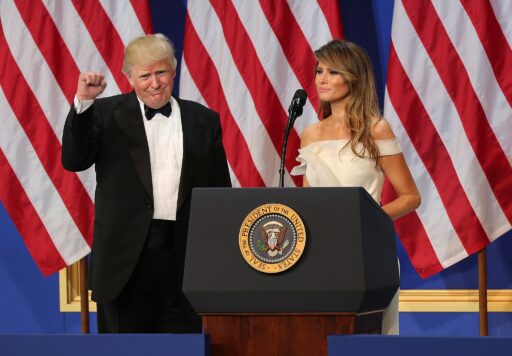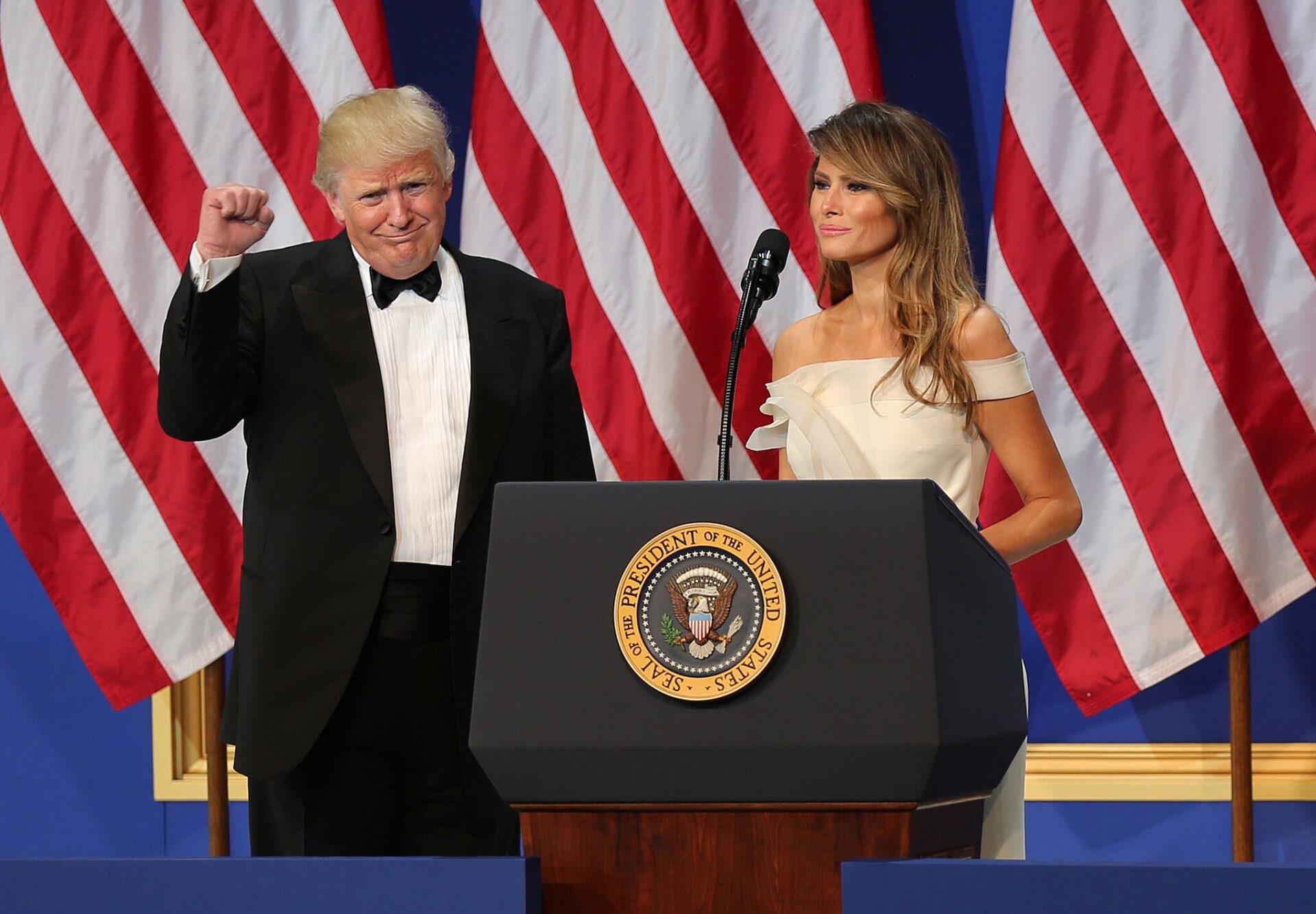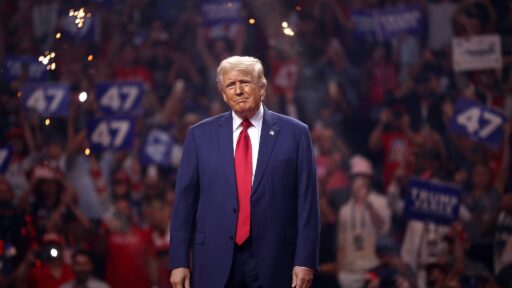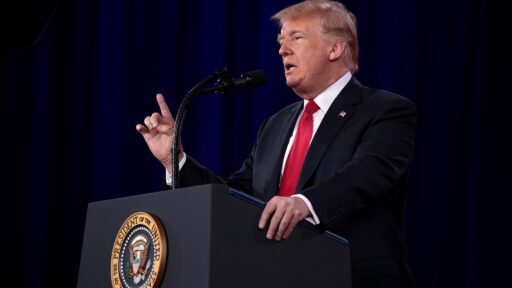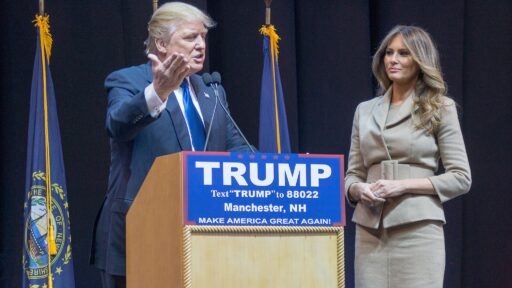Senators Feud Over Trump’s Immunity Ruling
On Tuesday, Senate Judiciary Committee members expressed starkly contrasting views on how the Supreme Court’s recent ruling granting former presidents broad immunity from prosecution will affect the presidency moving forward.
For Democrats on the committee, the ruling from July signals a troubling precedent that could allow presidents to engage in illegal actions without fear of criminal repercussions. They aim to raise awareness among voters ahead of the upcoming election, emphasizing the risks of such judicial overreach.
Conversely, Republican members see this decision as a safeguard against what they perceive as politically motivated attacks on former President Trump. They argue that the hearing itself was an attempt by Democrats to undermine the Supreme Court for delivering a ruling they disagree with.
The Supreme Court ruled that presidents are protected from prosecution for actions taken within the scope of their official duties. While they are generally immune from prosecution for official actions, they hold no immunity for private misconduct. This distinction is critical for maintaining the integrity of the presidency, according to GOP lawmakers.
Senator Lindsey Graham (R-S.C.) articulated a key Republican perspective, asserting that the hearing’s framing suggests the Court has unleashed a dangerous precedent upon Americans. He firmly disagreed with the notion that the ruling equates to an endorsement of criminal behavior, calling it a rational and necessary interpretation of the law.
The decision complicates ongoing legal challenges against Trump, specifically those tied to alleged election interference. The Supreme Court directed special counsel Jack Smith to eliminate references to Trump’s alleged misconduct related to his efforts to influence the Justice Department’s leadership.
Critics, including some Democrats, fear the ruling could enable presidential abuses of power. Yet Republican witnesses defended it as essential for preserving the presidency’s authority, with former Attorney General Michael Mukasey emphasizing that this decision protects future presidents from unwarranted legal entanglements over their official actions.
The implications of this ruling resonate deeply within the political landscape, emphasizing the need for a clear understanding of the balance between presidential power and accountability. As the nation approaches the election, this topic will likely influence voter perceptions and discussions surrounding leadership and governance.


